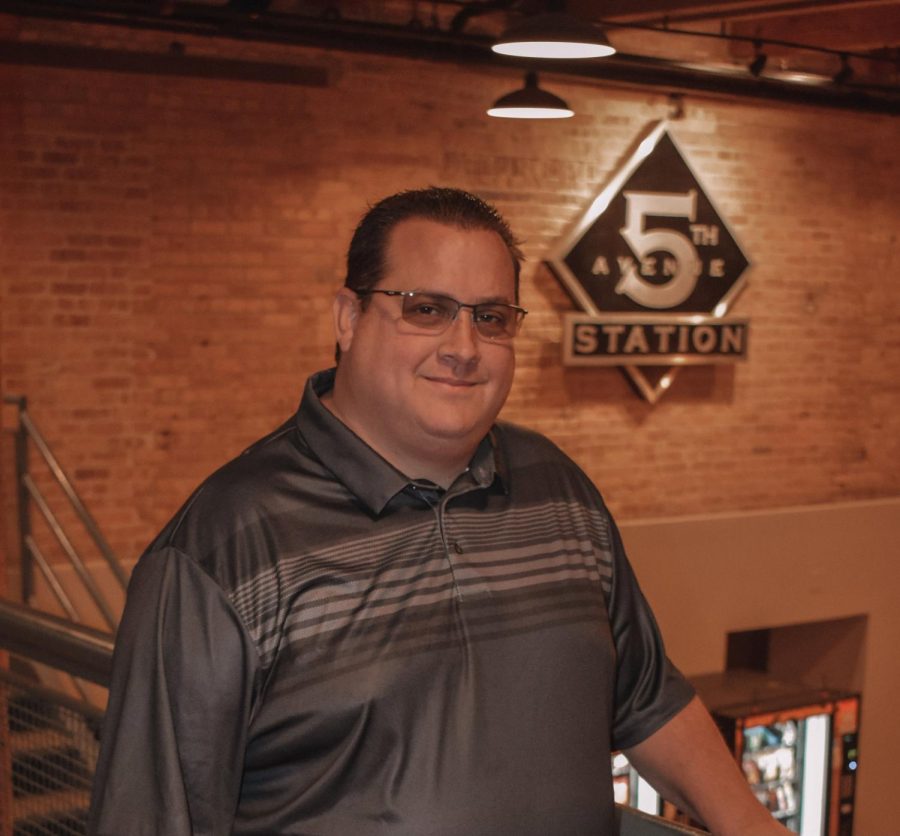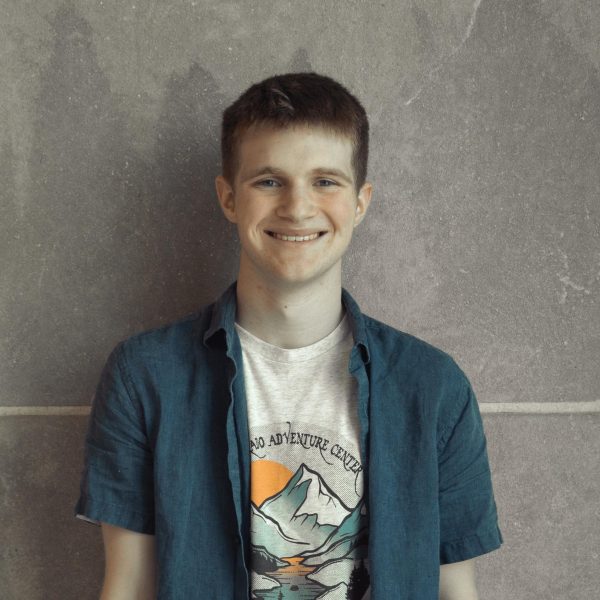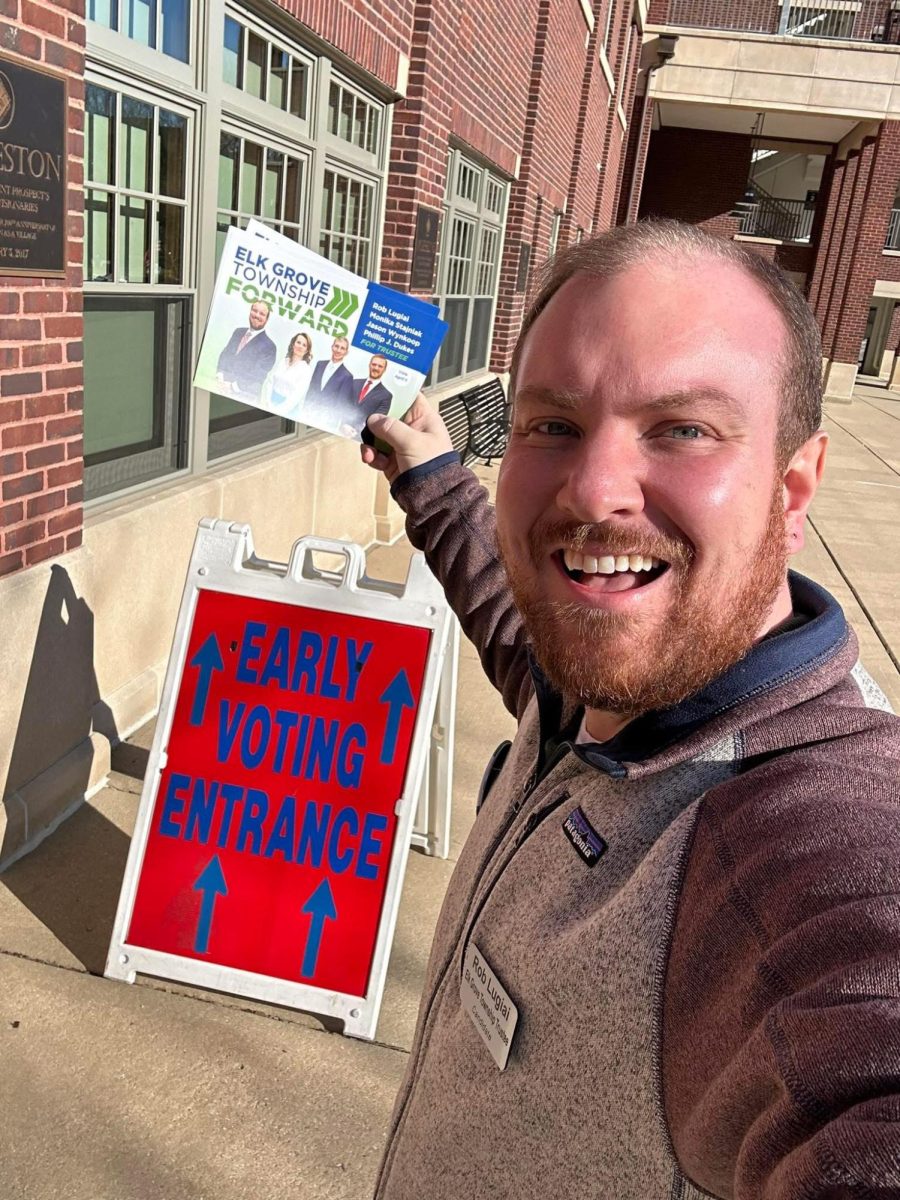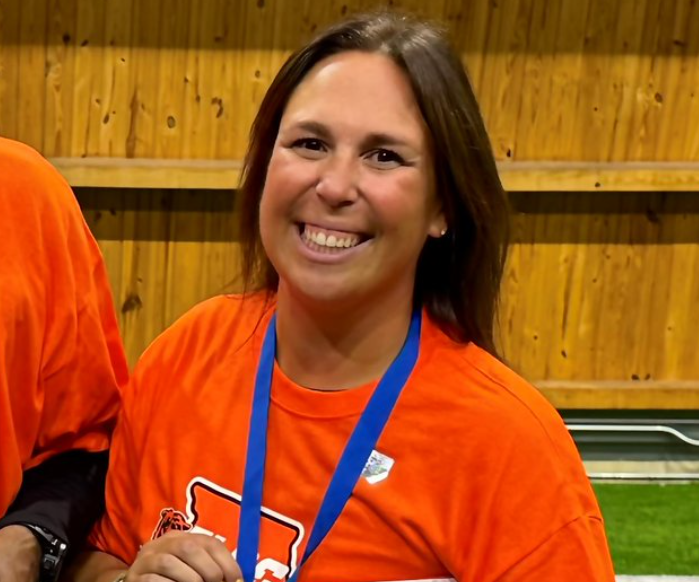2023 Board of Education candidate Q&A: Gilbert Wagner
March 26, 2023
This Q&A is a part of The Central Times’ coverage of the 2023 Board of Education election. The election will take place on April 4. For more information, click here.
The following Q&A has been edited for length and clarity.
Q: Why are you running for D203’s school board?
A: The primary reason is to be a voice for the parents and students of the district. We advocate for those stakeholders. That’s one of the biggest reasons [along with] fiscal responsibility, which is always important.
Q: Was there a specific moment or occurrence that spurred you running for office?
A: During the pandemic, watching online board meetings, and seeing the way some of the parents were treated by the board during some of their open sessions. And not really having everybody talk that wanted to talk.
Q: Should you be elected, what would your priorities be as a member of the school board?
A: I think my priorities would be making sure the parents and the students have a voice. Bringing more of a blue collar outlook to the board. I’m not I’m not a college graduate. I’ve worked in a tech field for my whole career. I know what it’s like to work every day with my hands. It’s just a different outlook, a different way of looking, a different perspective from the other people on the board. I think that’s great to have, and I’m gonna be there for all the people no matter what side of whatever issue there is. They need to have their voices heard, and be able to have their time to talk and feel welcomed to talk.
Q: So is there anything specific you would like to do for that to happen?
A: I want people to feel welcome, and to reach out to the public. We should set up forums where they can come and talk and speak their minds. Let them know, be transparent with the school board what they’re doing. Make sure everybody knows exactly what’s happening. I’ve only been in the district for three years. So I don’t know everything that goes out on the school board. But you know, just make sure parents know what’s going on in their kids’ education, and invite them to be involved in it. Find a way to get parents involved, and make sure they’re involved in everything. We got to make sure that everybody has a say in decisions made by the district.
Who do you think it is that you ultimately are supposed to be representing as a member of the school board- is it the district? Is it parents? Who is it?
It’s everybody. Ultimately, you represent the district, district administration, the staff, all parents, students, and any stakeholder in the community. You represent everybody. Your job as a school board member is to take all that into account when you make a decision, right? Everything has to be a decision that’s good for all, not just for one. Sometimes you have to make a decision that’s good for the majority over the minority, it’s hard. It’s a hard decision to make, but sometimes you have to make decisions that are good for the group. It’s good for the greater good.
Q: What is the role of the board, then?
I think that the district hires professionals to develop curriculum. And I think that the school board’s part of that is to take the administration recommendation, make sure it fits the Strategic Plan, and aligns to the goals of the district and aligns to what the community wants from the schools. It can’t just be curriculum that does just one thing, and it doesn’t align with the district goal, doesn’t align with what the community wants out of their schools. Taxpayers pay for the schools, they have a say in what goes on in the schools. It’s not whatever the district wants to do, and it’s their decision, that’s not how it works. Ultimately the taxpayers have to have a say in that. People have skewed views. They’re always going to try and sway you, that’s what people do, and I get that. But you have to take all that into account together and make sure that it’s going to be good for all students. What’s going to be most beneficial for the students of the district?
Q: One major decision made by the board this year was to add a co-curricular requirement for participation in high school extracurricular music groups. That decision came with some controversy among the student body, and a lengthy debate amongst the board. What are your thoughts on the changes?
A: It’s actually good to see a four-three vote once in a while. A five-two vote. Those are good. Those are not those are not negative things. Those are very positive things that happen. I believe that you can’t just 100% blindly follow the administration without asking questions and challenging them. And if you always have a seven-zero vote on every single subject, then you’d have a bunch of rubber stampers, and you’re not getting 100% community involvement. I was there and I commend the students for standing up for themselves and talking. I think that was awesome. That takes a lot to do, to come and talk. I would listen to everybody, for sure. That would have been a very difficult vote to make. I wish I would have been a part of the whole process, because that would have been a difficult decision to make because I could see the validity and the value of both sides. It’s a tough one to do..
Q: As a member of a seven person board, you can’t be a one man force for change. How do you think you’ll try and work with other board members to get the things you want?
A: This is not my first time on a school board. I served eight years and another school board in West Chicago. So I have a ton of school board experience already. I learned from my first year in a school board how you have to listen. You have to listen to understand and not listen to respond. So if you listen to understand and value people’s opinions,and listen to them and let them talk, you can work together with them no matter what. And I work with people that I don’t agree with all the time. But you have to learn to work with people like that. You have to be respectful. You have to let them say what they have to say. And it’s all on your tone of voice. How you talk to people. I’ll be honest, I’m not always the most calm person. I get passionate about stuff, but I’ve also learned to have a filter and then listen. I think that the most important thing is just to take the time and let them be heard. So you can work together with everybody. You’ve got to be able to put all the ideas out there together before you can move forward. You can’t just stop somebody in the middle of their conversation or their thought because you have a better one. That’s when you’re listening to respond rather than to understand.
Q: With your experience on a school board, how have you worked with the other members of the school board to kind of advance your own priorities?
[The way to] get people to see where I’m coming from, is to explain the ‘why’. Why do we want to do this? There has to be a why, right? Why? So why do you want to do this? Who’s gonna benefit? How many people is it gonna benefit? Is it gonna benefit the greater good? Ultimately, the final question is, how does this help student education? It has to come down to that. That’s what we need to make the best decision possible to make the best decision to make the student experience and the district and their education for forefronts.
Q: You were on the board of the school board in West Chicago for eight years. What else do you think helps qualify you for this position?
A: I also served on the SASED Board of Control for six years, the special ed Co Op and Naperville. I’ve been a part of PTAs for my whole older child’s career. My younger one is only six so I’m not as involved in the schools yet as I have been before.
Q: In the news recently, school boards have become a lot more of a battleground, with a lot of different legislation being passed to make changes to curriculum. There are a lot of things on the horizon, like AP African American studies potentially coming to our district soon. There are a lot of other things that might be points for contention. What do you think is the school board’s role when big controversial stuff comes to Naperville?
So that’s the school board’s role with any controversial or any kind of topic is to have as much community engagement as possible. If it’s a law, you are very limited by the law in what you can do. But if it’s something that’s controversial, but it’s not necessarily a law, you’re gonna have to listen to people and explain to them where we stand and why we have to do what we’re doing, that kind of stuff. But I think anytime you make a decision that’s controversial or different, or that involves community input, you need to take your time and get as much community input as you can. Forums, open meetings, stuff like that where you can have as many people involved. You’ve got to hold different forums in different buildings. You hold one in each school building if you have to, whatever you need to do to get as much involvement as you can before you can make a decision.
Q: What do you think makes you different from the other board candidates?
I think my biggest difference is that I have a blue collar background. I think most of the school board is college educated. I bring a different look to the board than what’s out there right now. I think that’s important. You gotta have diversity. You gotta have different people with different backgrounds. You can’t just make a decision with the same people you know.
Q: Give me your pitch as for why the people who are voting in this election should be voting for you.
I don’t really have a pitch, I’m not a politician. I’m just a concerned parent that wants to be involved. I want to make sure that every kid and every student in District 203 has a great education and an equal education. They have every means possible to get the best education possible. [Giving them something] they can do with it, and that doesn’t just mean doesn’t mean post-secondary education. You got to provide for people that want to go to trade schools or want to go to work, and you got to make sure every student has the support they need to get through K through 12, to get through their post secondary education or to get into the workforce or vocational school. And that’s our job. Our job is to make sure that every student – that means the gifted and talented, the special ed and the kids in the middle. A lot of times I found that, especially in West Chicago, the kids were the ones that were forgotten. They kind of just went through school. And they were you know, they mean the gifted one got the special attention. The special ed kids got special attention and the ones in the middle got forgotten about. So we have to make sure every student has an equal education. It’s an equal opportunity education. What they do with it is up to them.
For more on the 2023 Board of Education election, click here.
For a profile on Wagner, click here.








